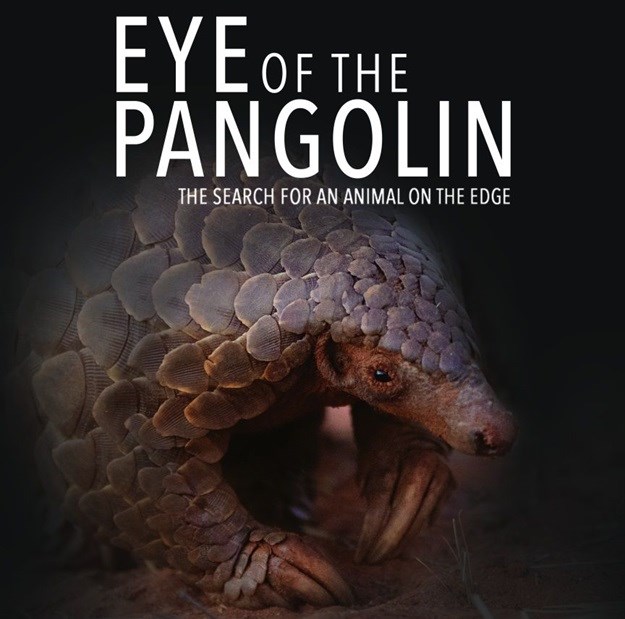
Top stories






LifestyleWhen to stop Googling and call the vet: Expert advice on pet allergies from dotsure.co.za
dotsure.co.za 2 days
More news

















Pangolin.Africa is utilising streaming services, as opposed to more traditional channels, for global distribution thus harnessing the power and popularity of YouTube to take the film to the world.
Says, Toby Jermyn, director of Pangolin.Africa, “We are fortunate to have secured funding for production of the film so we don’t have to sell it on to networks to recoup costs. As we are not tied to a distributor we’re able to make it freely available as an open source film, allowing us to reach the greatest possible number of viewers in the shortest possible time. The widespread accessibility of the internet – even in remote areas - means fewer barriers to entry for viewers than if we were to screen the film in cinemas. Currently the most watched wildlife documentary on YouTube has around 10 million views and we are determined to exceed this.”
Pangolin.Africa’s participation in the production of the film aligns strongly with one of the primary aims of the NGO which is to highlight the plight of the four African pangolin species. To ensure the greatest impact of the film the organisation will be translating Eye of the Pangolin into a number of African languages and will take the film to rural schools and other educational establishments in high poaching areas across the continent through an intensive screening campaign.
The situation facing the African pangolin has reached a tipping point. A growing demand for their scales and meat used in traditional Chinese medicine is fuelling the horrific poaching and illegal trade that is pushing this species to the edge of extinction. In April 2019 alone, two separate seizures by Singaporean customs officials resulted in more than 24 tonnes of pangolin scales being confiscated. This equates to approximately 69,000 pangolins.
The producers of Eye of the Pangolin believe that if people come to know the pangolin they will care enough to help put an end to this wildlife crime before this species disappears in our lifetime. In addition to creating widespread awareness of the species, the film will also serve as a free online tool for education in schools, wildlife colleges and environmental law enforcement agencies.
“We are excited about the incredible potential the film has to tell people about pangolins and the urgent need to work together to save them. We are confident that embracing modern and freely available distribution channels is the most effective approach to help us quickly gain ground in the fight to save a species,” says Jermyn.
Production of Eye of the Pangolin film has been made possible with support from WildAid, The Marchig Animal Welfare Trust, Foundation Marchig, Tanglewood Foundation, Biggestleaf Travel and Pangolin Photo Safaris.